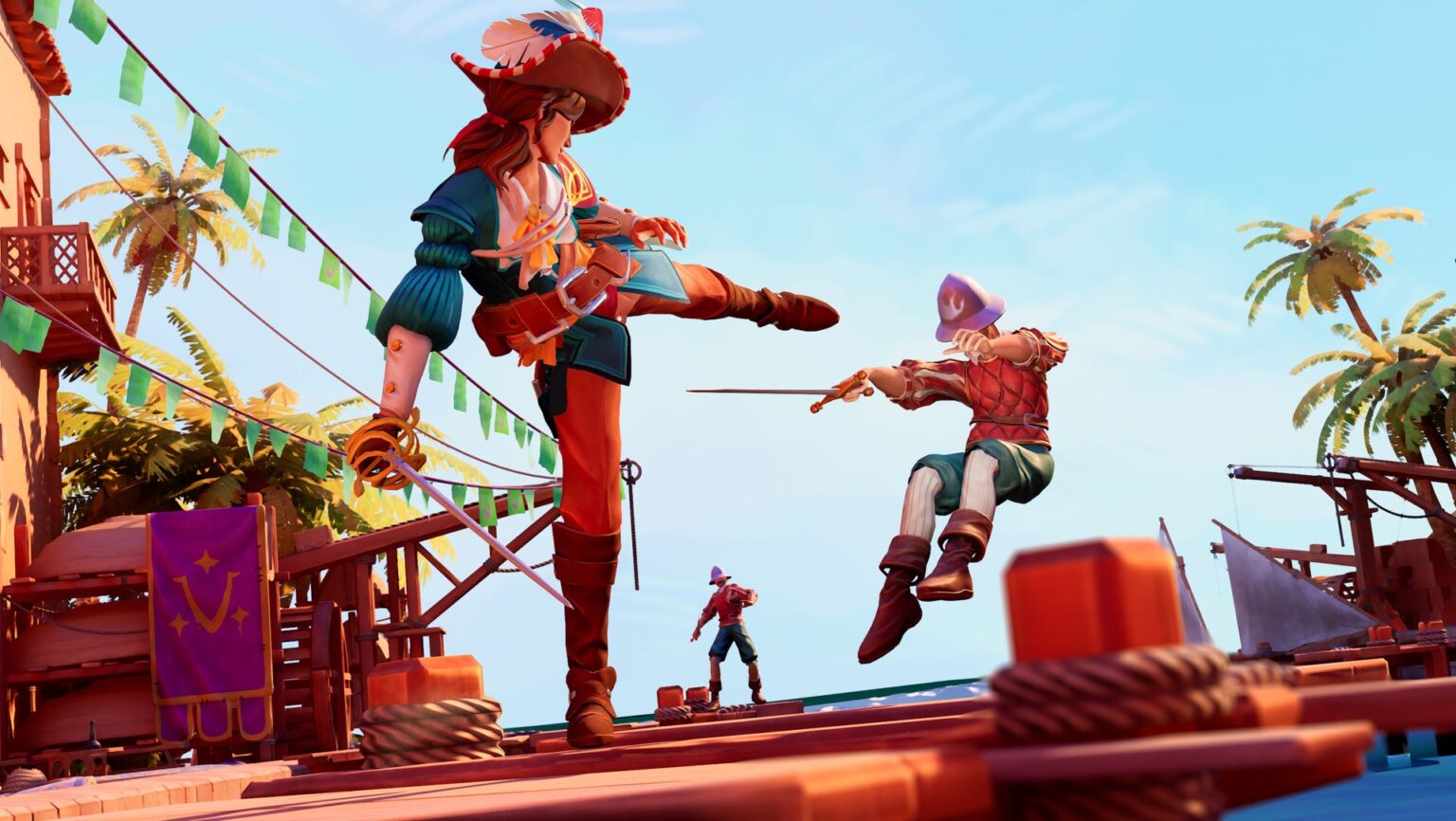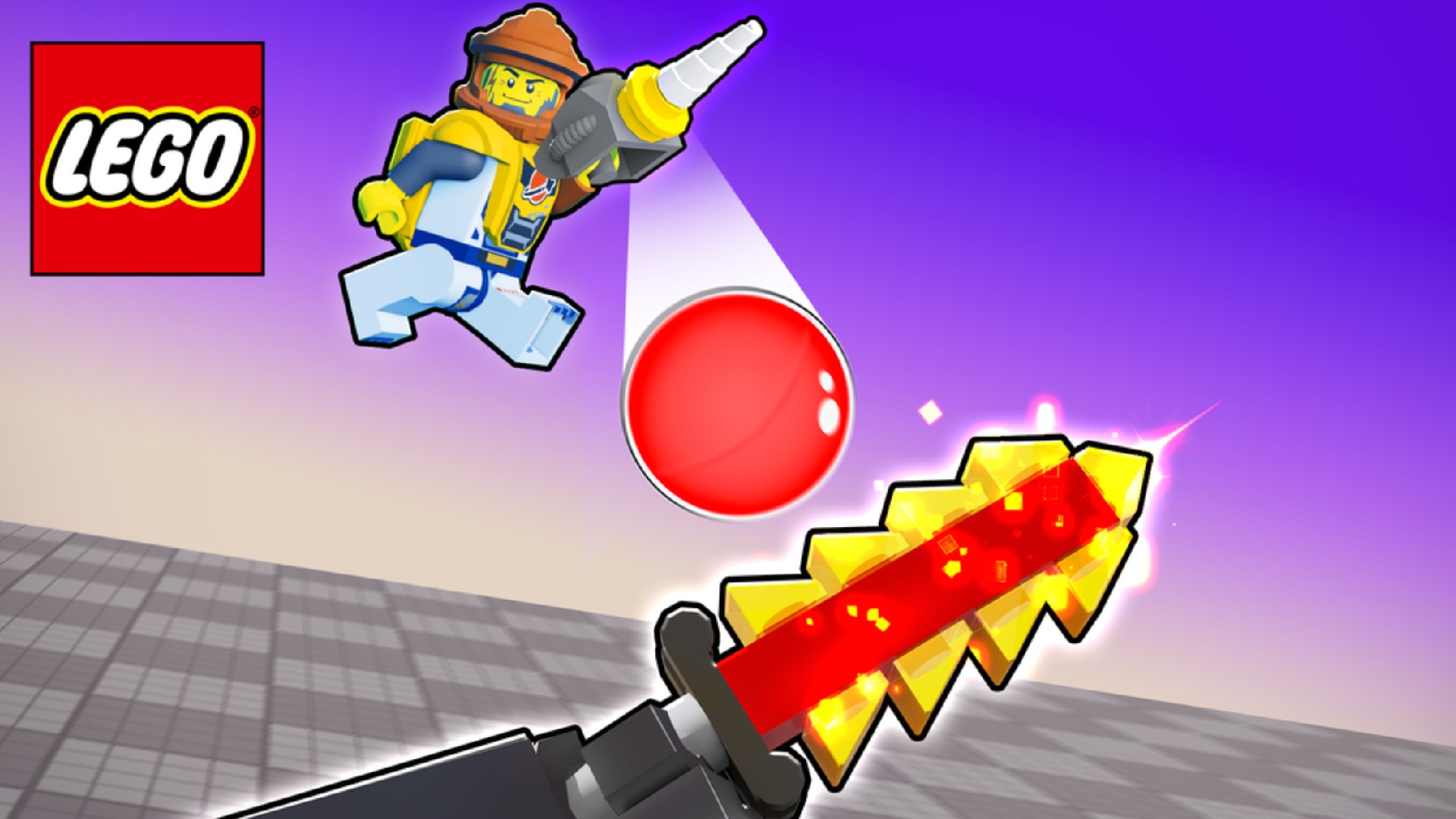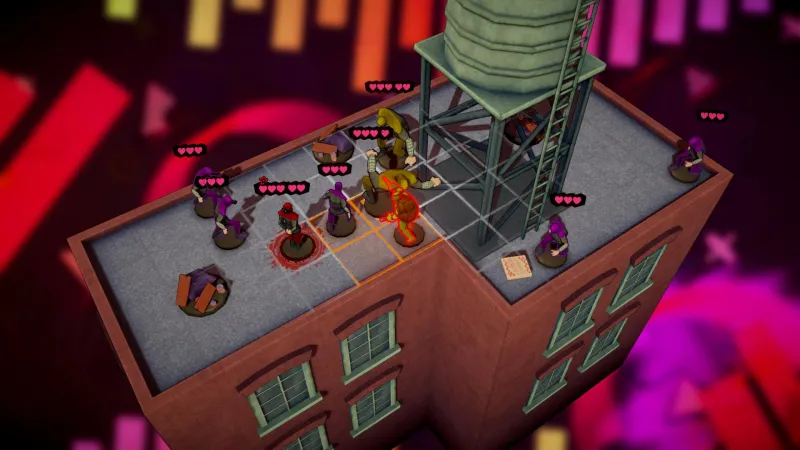
A brief yet riotous piece of swashbuckling nostalgia.
What is it? A cartoon swashbuckler where combat is as much about showing off and using the scenery as striking your opponent.
Release date August 16, 2023
Expect to pay TBC
Developer Fireplace Games
Publisher In-house
Reviewed on RTX 2070, i7-10750H, 16GB RAM
Steam Deck N/A
Link Official site
In En Garde! 17th-century Spain is slathered with a sense of nostalgia. Not for the setting itself, of course—I’m not that old—although it is an enticing reimagining, with its piñata colour palette and kitsch flamenco soundtrack. No, because it reminds me of Asterix books, of Dogtanian, and black and white episodes of Zorro on Sunday mornings. Of simpler times, in other words, and simpler forms of entertainment.
Playing this swashbuckling adventure, meanwhile, tickles a different memory gland. En Garde! is like the remaster of an early 2000s console effort that never existed, from a time when developers were still figuring out how the scrolling beat-‘em-up might evolve and find its sea legs in three dimensions. Rather than Devil May Cry’s intense focus on combos, though, it takes an alternate direction, looking towards the environments surrounding its combatants, and how they might be used in a fight.
Superficially, En Garde! may bear a family resemblance to Prince of Persia: The Sands of Time (there’s even a nod to Ubisoft’s classic with a ‘that’s not how it happened’ comment on death), but it’s narrower in scope, more cheap and cheerful. It is historical adventure serial style born more of parody than pastiche. Your charge, Adalia de Volador, a self-styled hero fighting for the poor, is equipped with a rapier but also a barrel of wisecracks aimed as much at the genre as her arch-nemesis, the Count Duke.
The combat arenas are where the difference really counts, though, as Adalia understands that a good action scene doesn’t merely entail swordplay and exceptional poise, but acrobatics, pratfalls, and an Ikea’s worth of broken furniture. As much as she’ll back herself in a one-on-one duel with anyone, you see, the Count Duke’s guards don’t queue up and wait their turn – try to fence whilst surrounded and you’ll quickly get skewered. Victories are thus earned by prancing around rooms and courtyards, using whatever comes to hand to thin the herd, until your swordswomanship can come to the fore.
Like Monty Python’s take on the Spanish Inquisition, in fact, your chief weapon in En Garde! is surprise. Do something stylish or unexpected and an exclamation mark pops up over nearby enemies’ heads. With their attention thrown for a moment, you might get a free hit in, or use Adalia’s hefty kick to propel them into a wall or down some steps, cracking their defenses more permanently.
As for what causes surprise, well, quite a lot. Boot some barrels towards a group as they close in, perhaps, or chuck a jug at one of their heads, or a lantern at something explosive—a cannon for full carnage—or kick a table an enemy is standing on, or drop a chandelier when someone’s standing beneath it. Guaranteed shock and awe. As the numbers of hapless guards multiply, you’ll need to bring all this into play, quickly polishing off stunned opponents before their friends catch up.
Cut it out
Guards occasionally stick on scenery, but performance is otherwise glitch free. (Image credit: Future)
Once you’ve bought time, duelling itself is a clean yet tense affair. Blue attacks can be parried, red must be dodged, with each success gaining you a moment to whittle down your foe’s guard, then remove a hit point (regular foes have one or two, bosses have four) when you break through. Concentrate and there’s just time to react to the flash of colour correctly, and since the parry window is nice and wide, you don’t need to be any more precise than that.
Still, it’s easier said than done, and once a few hardier enemies enter the fray, En Garde! can get quite tricky to tame. Mostly that’s in the right way, with sharp rules and controls ensuring any mishaps are yours to own. An auto-lock feature sensibly targets the nearest aggressor unless you push towards another, while the camera is more concerned with framing the action than indulging any cinematic pretensions (En Garde! grasps that the real cinema here is in your execution of its slapstick scenes). Busy later levels do expose occasional problems—you snag on a step for a crucial split second, or the camera panics when a duel backs you into a corner—but in the main, these systems are pleasingly elegant.
Fire, explosives and cannons are the best recipe for carnage. (Image credit: Future)
It helps also that there’s a real sense of focus in how to play En Garde! At heart, it’s a series of layered playrooms just waiting for an excited child (that’s you) to come bundling in and press every button. And with that comes an understanding that levelling up, or skill trees, or a host of combos and additional weapons would disrupt the distilled fun. Like Adalia herself, it’s trim and nimble. There’s no excess bulk here to throw things off balance.
Yet, if the main course has the right number of ingredients, it could do with a little more on the side. The Prince of Persia parallels also derive from Adalia’s platforming acrobatics, for instance, as she swings on poles or bounces on hanging nets to cross gaps, but nothing much comes of it as the game progresses. Getting from A to B is never more involving than spotting the next grab point and flinging yourself in its general direction, and En Garde! seems more concerned with having you hunt down collectibles than any more meaningful navigation.
Swinging and jumping from poles is automatic once you grab on. (Image credit: Future)
Alternatively, a stronger line in humour may have rounded off the package. The game’s unrelenting silliness undoubtedly sets the right mood, but the delivery is a touch leaden. A first chapter that has you chasing the masked ‘El Vigilante’, whose secret identity is no secret at all, sets the scene by dragging the joke out too long, and trusting far too much in the comedic potential of exaggerated Spanish accents – not least making a three-course meal of the word ‘Vigilante’. More generally, the quips that rattle back and forth between Adalia and her foes do land sporadically—“Call the guards!” “Aren’t we the guards?”—but more often than not, eyes will roll.
You might say that’s all part of the nostalgia, harking back to those Asterix books, or games of 20 years prior, when scripts in action games were mere trifles. Yet the concerted whiff of vintage also makes En Garde! feel somewhat limited, and the point is driven home when you swashbuckle through its four chapters in under four hours, with only the prospect of doing it better and faster to pull you back in. Fine if you want to hone your skills to a rapier point, but this also feels like a tacit admission that En Garde! has already exhausted its concept. Perhaps nostalgia works best that way, though – reminding you that it can be a joy to visit simpler times briefly, but it’s not fulfilling to live in the past.






